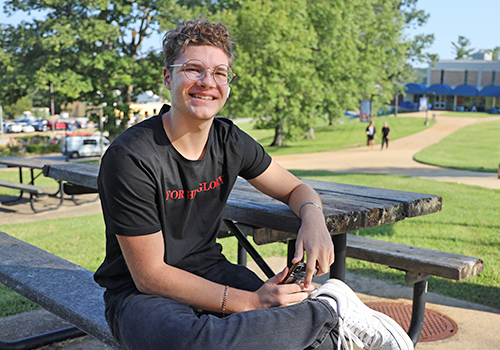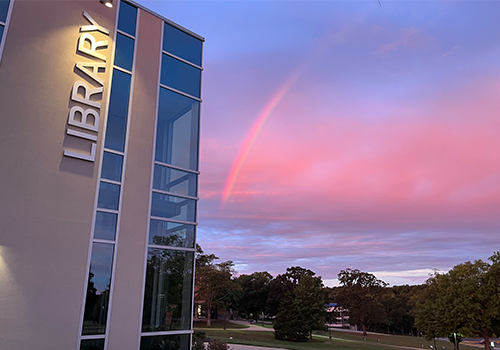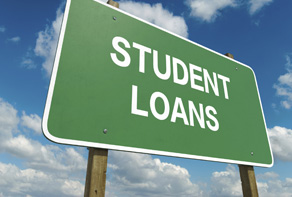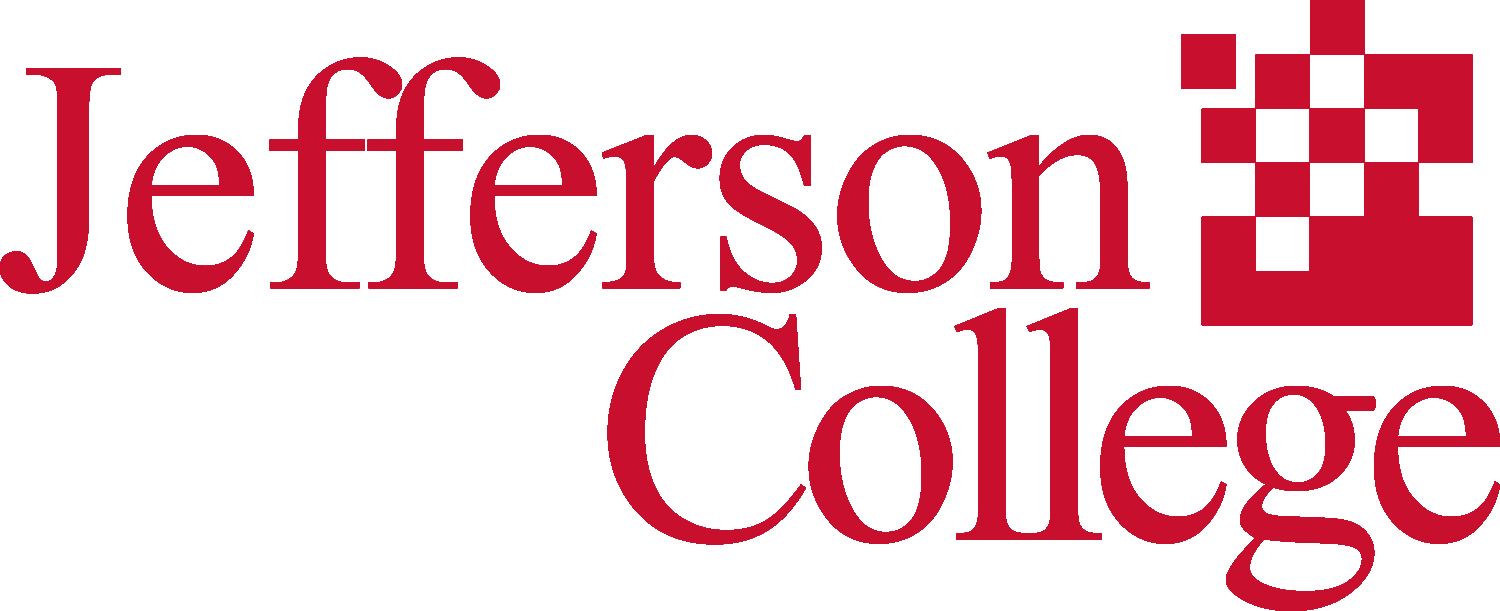Student Loans
Student loans are educational funds that must be repaid with interest. We strongly encourage you to consider all other options for financing your education first, and use a student loan only as a “last resort” only to borrow what is absolutely needed. Jefferson College is a low-cost institution, and we want to keep your student loan debt at a minimum upon graduation or transfer to a four-year institution.
Types of Student Loans
Jefferson College participates in the Federal Direct Loan program. Under the Federal Direct Loan program, loan eligibility is determined by the Jefferson College Financial Aid Office and the loans are made by the U.S. Department of Education.
There are two types of federal loans available, Direct Loans for students and Parent Loans for Undergraduate Students (PLUS) for parents. Private loans may also be available. Students must seek out a private loan through the lender of their choice and Jefferson College may or may not certify the loan depending on eligibility requirements.
Direct Loan Program
There are two types of Direct Loans: subsidized and unsubsidized.
A subsidized Direct Loan is a need-based loan which means students must demonstrate need according to data submitted on the FAFSA. Interest begins accruing on the loan at the time the loan funds are disbursed, but the federal government pays (subsidizes) the interest for students while they are enrolled in school on at least a half-time basis.
An unsubsidized Direct Loan is not based on need. Interest begins accruing on the loan at the time the loan funds are disbursed and the student is responsible for paying the interest while in school. Interest can be capitalized which means the student would not have to pay the interest while in school, but the interest accruing is added to the amount borrowed, so the loan amount continues to increase.
In order to be considered for a Direct Loan, students must meet the following eligibility requirements:
- Be admitted to Jefferson College in a degree seeking program or approved certificate program
- Be enrolled in at least six credit hours
- Complete the Free Application for Federal Student Aid (FAFSA)
- Have a completed and verified student aid record on file with the Jefferson College Financial Aid Office
- Complete the online Loan Request Form
- Meet Satisfactory Academic Progress Standards
- Not be in default on any educational loan, show an unwillingness to repay an educational loan, or owe any refund on a grant or student loan
Subsidized = Cost of Attendance (COA) – Student Aid Index (SAI) – Expected Financial Assistance
Unsubsidized = Cost of Attendance (COA) – Expected Financial Assistance
The amount you can borrow each academic year is based on your academic level (freshman or sophomore) and your dependency status (dependent or independent) as determined by the FAFSA. Students may receive less than the annual maximum amounts since borrowing is limited to the cost of attendance minus any other financial aid received.
Dependent Students:
Academic Level | Maximum Subsidized | Total (subsidized and unsubsidized) | Per Semester Limit |
| Freshman (0-29 credits earned) | $3,500 | $5,500 | $2,250 |
| Sophomore (30+ credits earned) | $4,500 | $6,500 | $3,250 |
Independent Students:
| Academic Level | Maximum Subsidized | Total (subsidized and unsubsidized) | Per Semester Limit |
| Freshman (0-29 credits earned) | $3,500 | $9,500 | $4,750 |
| Sophomore (30+ credits earned) | $4,500 | $10,500 | $5,250 |
Direct Loan interest rates are determined each June for new loans being made for the upcoming award year and posted online at StudentAid.gov. For the 2024-25 academic year, the interest rate on subsidized and unsubsidized Direct Loans is 6.53%.
Because borrowing under the Direct Loan program is a serious financial obligation that should not be entered into lightly, all students who borrow a Direct Loan must complete an entrance loan counseling session before loan funds can be disbursed. The entrance loan counseling session is designed to inform students about their rights and responsibilities as a borrower, explain the importance of loan repayment, and make sure students understand the consequence of defaulting on a student loan.
Students complete the online loan counseling through the Direct Loans website. Click on the “Log in to Start” in the Undergraduate Student option.
Because Direct Loans must be repaid with interest, all students borrowing under the Direct Loan program must sign a promissory note. This is your promise to repay the loan and it is a legally-binding document between you and the U.S. Department of Education.
The MPN is completed online through the U.S. Department of Education’s Direct Loans website. Click on the “Log in to Start” in the Undergraduate Student option.
When a student graduates or drops below half-time attendance, Student Loan Exit Counseling must be completed. The exit loan counseling session will review your repayment obligation, provide information regarding monthly repayment amounts, explain deferment and forbearance options and stress the serious consequences of defaulting on a federal student loan.
There is an origination fee on Direct Subsidized and Unsubsidized Loans. These fees are a percentage of the total loan amount and are deducted from the amount of money that is disbursed (paid out) to you. This means the money you receive will be less than the amount you actually borrow. Loan fees are established by the Department of Education. The current origination fee on subsidized and unsubsidized loans is 1.057%.
Jefferson College disburses loan funds beginning 30 days after the start of the semester by crediting the student's account. Any funds in excess of direct charges are refunded to the student. All disbursements are made in two payments. Students can reduce or cancel a student loan by submitting a Request to Cancel or Reduce Financial Aid.
When you receive your Direct Loan, you will be contacted by your loan servicer. The loan servicer will provide you with information on how and when to repay your loan. For more information on Direct Loans and to determine your Direct Loan servicer, you may log in to My Federal Student Aid.
Typically, repayment of a Direct Loan begins 6 months after the student graduates or is no longer enrolled at least half-time.
To request a student loan, submit the Loan Request Form.
PLUS Loans
A PLUS loan is a loan that parents of dependent students can receive to cover educational expenses for their dependent undergraduate student.
In order to be considered for a PLUS loan, a parent must meet the following eligibility requirements:
- Be the biological or adoptive parent (or in some cases, the stepparent) of the student for whom you are borrowing
- Student is a dependent child who is enrolled at least half-time
- No adverse credit history as a credit check will be performed
- Both parent and child must be U.S. citizens or eligible noncitizens, not be in default on any federal education loans or owe an overpayment on a federal education grant, and must meet other general eligibility requirements for the Federal Student Aid programs
Parents can borrow up to the cost of attendance at Jefferson College, minus any other financial aid sources their student is receiving.
For the 2024-2025 academic year the interest rate is 9.08%. Interest accrues on the PLUS loan as soon as the loan is disbursed.
In addition to interest, you pay a loan origination fee that is a percentage of the principal amount of each PLUS loan that you receive. The fee is deducted before you receive any loan money, so the loan amount you actually receive will be less than the amount you have to repay. Loan fees are established by the Department of Education. The current origination fee on PLUS loans is 4.228%.
Jefferson College disburses loan money by crediting the student’s account and will mail any excess funds directly to the parent (if designated). Loan money is always disbursed in at least two installments.
When you receive your PLUS loan, you will be contacted by your loan servicer. The loan servicer will provide you with information on how and when to repay your loan. For more information on PLUS Loans and to determine your PLUS loan servicer, log in to My Federal Student Aid.
Typically, repayment of a PLUS loan begins 60 days after the full amount borrowed for a school year has been disbursed unless the parent opts to have repayment deferred while the student is in school and for up to 6 months after the student graduates or falls below half-time enrollment.
Parents wishing to apply for a PLUS loan should complete the following steps:
- Have your student complete a FAFSA.
- Apply for a Direct PLUS Loan for Parents at studentaid.gov.
- Complete a Master Promissory Note (MPN) by selecting PLUS MPN for Parents of Dependent Undergraduate Students.
Private Loans
Students who do not qualify to borrow funds from the Federal Direct Loan program may seek loans from private alternative loan companies. Private loans typically offer less favorable interest rates and repayment terms than federal student loans.
Below is a list of private lenders who have provided private, non-federal educational loans for students at Jefferson College during the past three years. Please note that borrowers can choose to use any private educational loan provider, even one that is not included on this list:
